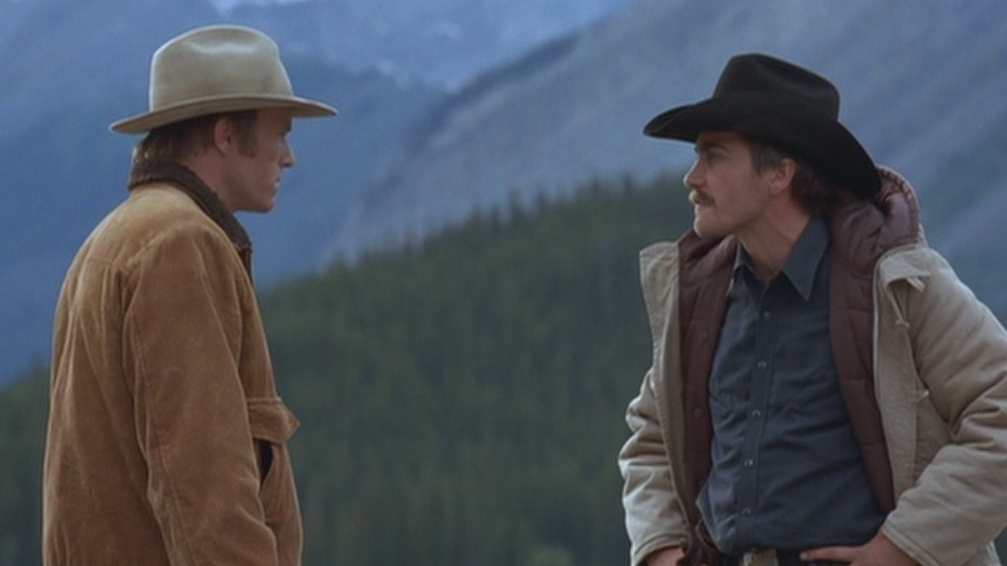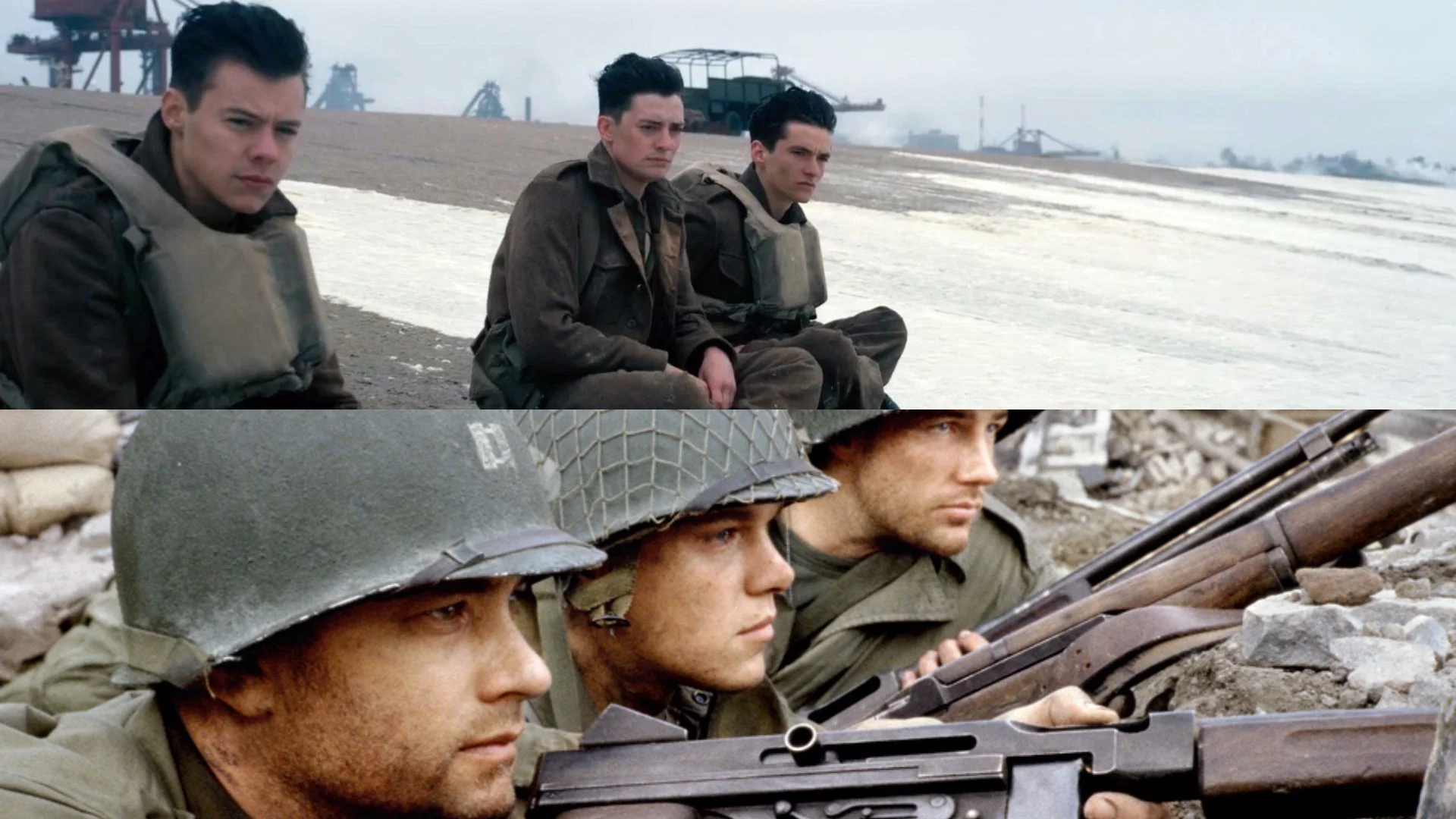Oscars Double Feature: Call Me by Your Name & Brokeback Mountain
Near the end of Luca Guadagnino’s Call Me by Your Name, seventeen-year-old Elio Perlman (Timothée Chalamet) receives some sage advice from his father on dealing with his heartbreak:
“Right now, there's sorrow, pain. Don't kill it and, with it, the joy you've felt.”
The guidance comes at the end of a summer Elio has spent falling in love with his father’s graduate student, Oliver (Armie Hammer). Their romance was fleeting and much shorter than it could’ve been, as they spend most of the summer skirting around one another and staying silent as they rode bikes through the Italian countryside, but what romance they did have was intensely passionate. Beyond the physical, Elio and Oliver shared similar academic interests, a sense of humor, and outlooks on the world around them. Theirs was a romance that, in another time, under different conditions, could’ve lasted a lifetime. However, in their circumstances, it was forbidden and impossible and tragically impermanent.
We find a similar tale of yearning in Ang Lee’s 2005 Best Picture nominee, Brokeback Mountain. Ennis del Mar (Heath Ledger) and Jack Twist (Jake Gyllenhaal) slowly fall in love over a season of herding sheep. Their love grows in nature as well, though the snowy mountains are so different from the sunny fields of Italy, and silence between them serves as a stumbling block, too. But, all things must come to an end, and their first try at this relationship ends in a painfully quiet goodbye.
The thing that makes Brokeback Mountain so strikingly different is that we see the aftermath of a devastatingly passionate affair in so much more detail. It answers all the what-ifs that the ending of Call Me by Your Name leaves open. Without the kind of wise advice Mr. Perlman gave Elio, Ennis and Jack bury the feelings of their love for years. They lead separate lives and marry women who don’t deserve to live in the empty relationships these men provide. These built-up worlds that so delicately cover up the heartache inside eventually crumble apart, as the men seek each other out again for brief escapes back to Brokeback, the only place they know where they can be themselves.
These two queer couples exist in a difficult dichotomy of the fantasies of their love versus the brutality of their realities. In Wyoming and Texas, there’s no imaginable way that Jack’s illusions of one day living with Ennis could ever come true without violent ends. Each time they leave each other, their emotions are concealed again until things fall apart in their final interaction, more than twenty years after their affair began. Jack bursts with the pressure of everything building up inside and tells Ennis how much he misses him every day and how hard it is to live so far apart. Nevertheless, there’s nothing that can be done, and as Jack begins to lash out sexually and verbally at home, his life comes to the early end Ennis had always feared.
At the end of summer in 1980s Italy, Oliver has to return to his life and on-and-off girlfriend in America. Mr. Perlman gives Elio his advice on dealing with the loss, and the story moves onto winter as the Perlman family prepares for Hanukkah. When Oliver calls with the news of his new engagement, the weight of the news finally makes the absence of Oliver hit home in Elio’s heart. He finally takes his father’s advice as he embraces the agony that washes over him in the breathtaking final scene.
Ennis does the same as he stares somberly at his and Jack’s shirts from twenty-something years previous, still wrapped around each other and stained with blood from their fight on the last day of their first trip. For one of the first times in the entire film, we can truly see the depths of Ennis’ love for Jack. The minutiae of Ledger’s performance as Ennis reveal this on his stoic face in an ending similarly simultaneous in its catharsis and pain.
While Brokeback Mountain tells the story of two intertwining lifetimes, Call Me by Your Name focuses on a single summer of change. Brokeback Mountain is the macro; Call Me by Your Name is the micro. But, they both share the same moral center:
“We rip out so much of ourselves to be cured of things faster than we should that we go bankrupt by the age of thirty and have less to offer each time we start with someone new. But to feel nothing so as not to feel anything?
“What a waste.”











